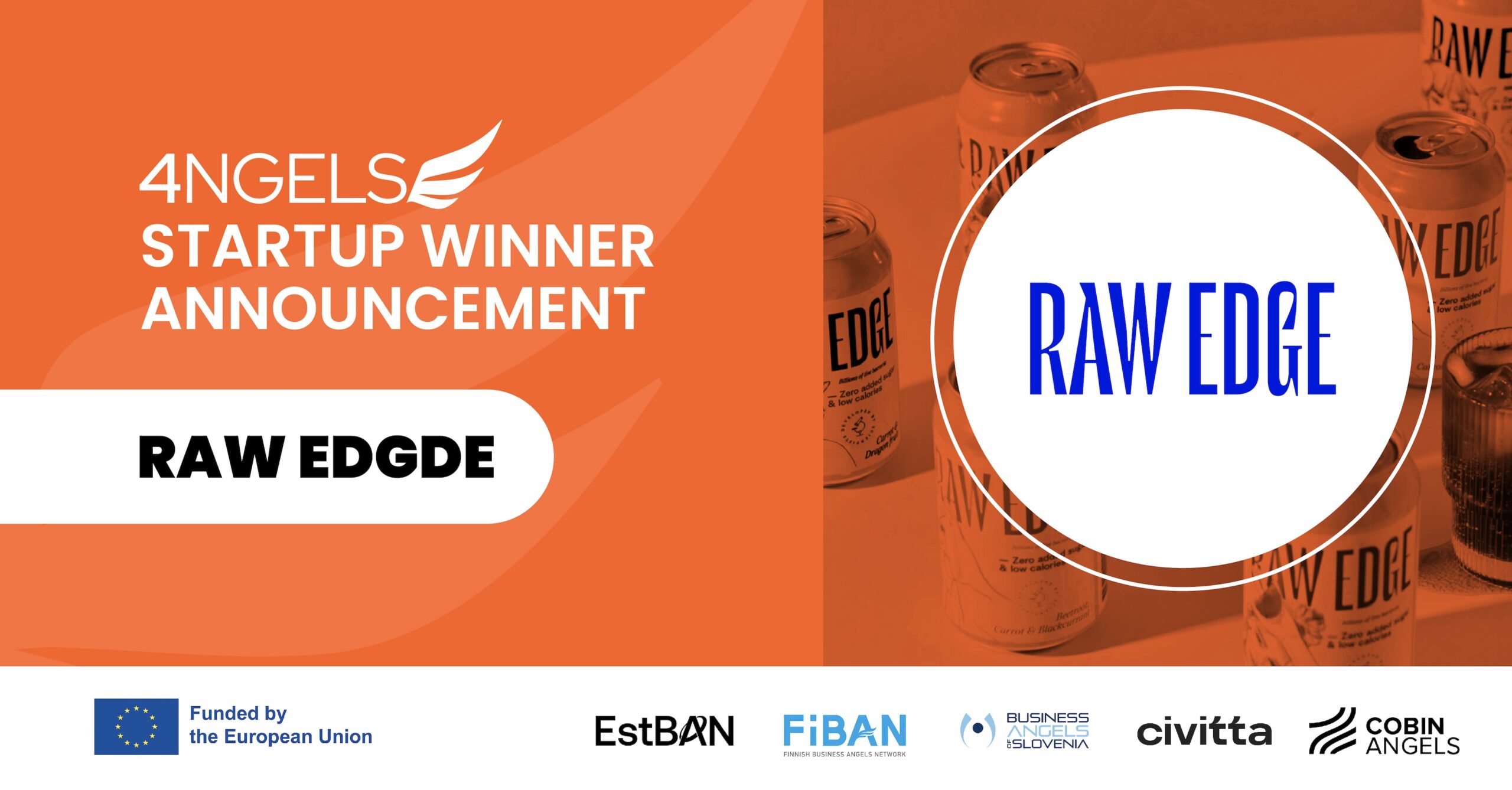Heikki Rautajoki (member of EstBAN and FiBAN) has been investing and advising new businesses on commercialization of technology based innovations and early stage venture fund raising with a focus on ICT, life science and nanotechnology for almost 20 years. Heikki strongly believes that early exits from tech startups provide cash for founders and angels.
Heikki, how do you describe the current potential for exits?
The last year of 2014 has been a good exit year for EstBAN angels – Marek Kiisa, one of our members made an exit from GrabCAD, that was a largest transaction for several parties – including the business angels in the region, a state-backed fund and several accelerators (TechStars and Seedcamp), that all were early investors in the company. Another good exit was hit by Ari Korhonen (both EstBAN and FiBAN member) exiting Paytrail, a Finnish-based e-commerce payment service provider.
As the portfolios mature, the follow-on investments and exits are increasingly important topics for angel investors. Based on the recent deals stats it seems that the timing is right to work on exits, even in Europe. There are several ways to exit the company, but it has to be prepared early. A highly recognized exit coach and angel investor Basil Peters also believes that exits are the best part of being an entrepreneur or investor. Over 2/3 of tech exits in recent years were early-stage start-ups – it means that exits are done much earlier, often after seed or series A funding. The last year 2014 predicts to become the best exit year for tech startups over a long time based on preliminary stats.
There is more cash available than ever before in the early stage of tech startups to create high value and also midsized companies are active acquirers of startups. Acquiring young innovative companies is today the best way for large companies to grow and get an access to innovation. Big companies, such as Microsoft, Google and Cisco are nowadays spending more funds on acquisitions than their own R&D.

Nevertheless, exits are not just happening – you need strategy for that. The largest number of all exits are under 30 million euro valuation range. However, to get a good price you need to make an effort to prepare selling, do not expect that a buyer will come knocking on your door. Still less than 8% of angel backed start-ups are able to exit. Therefore, exiting from a company is a dedicated and planned process since making an investment. Exits are the least understood part of investing. It is easy to invest, but more challenging to get your money back. One successful serial entrepreneur shared his 5-times-exit experience in Istanbul EBAN conference by saying: “You have to spend as much effort in exit planning as you spend on business planning”. The average start-up founders are focusing all energy and efforts on business and fund raising to get the company to a growth path. Exit is not always on the list of top of priorities. However, the route to exit cannot be always clearly defined and the founders should not get distracted by focusing too much on trying to put the business in the shop window for a particular buyer. Very often the focus on building a great company for the clients opens the door for a great exit as well. “Build it and they will come” is not a bad mantra—if you build a world-class business you will open up many options in terms of exit.
The task then is to make sure you prepare properly, take the right advice and have a clear view of the type of exit that really meets your personal objectives. There are many successful exits which have been achieved through a relentless focus on making the business as attractive and indispensable as possible to a particular trade acquirer. And the truth is that you can never prepare too early.
What is your personal input for an early exit?
The angel investors are often stuck with a long time perspective until a true exit, and there have been questions on a potential mechanism of earlier exits. We may have found a good solution for that with a FCA, Finnish Company Acquisitions Ltd (Suomen Yrityskaupat Oy), that together with FirstExit OÜ launched a new service for young start-up growth companies (between 2-8 years) in last September, focusing on global exit solutions. There are not so many parties that are interested to work dedicated with the startup companies in their early years.
FCA is part of AlmaMedia Oyj / Kauppalehti and FCA and FirstExit together have an extensive global network of M&A partners to screen and contact potential international buyers. The main focus of the service is on the exit strategy implementation, but we lead also the exit process in close cooperation with CEO / CFO and coordinate both NDA and closing exit agreements with respective legal partners.




